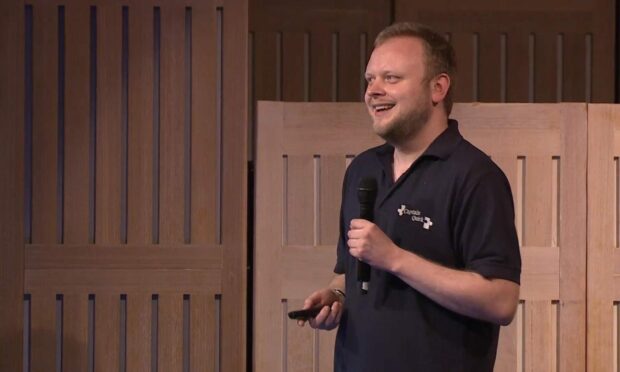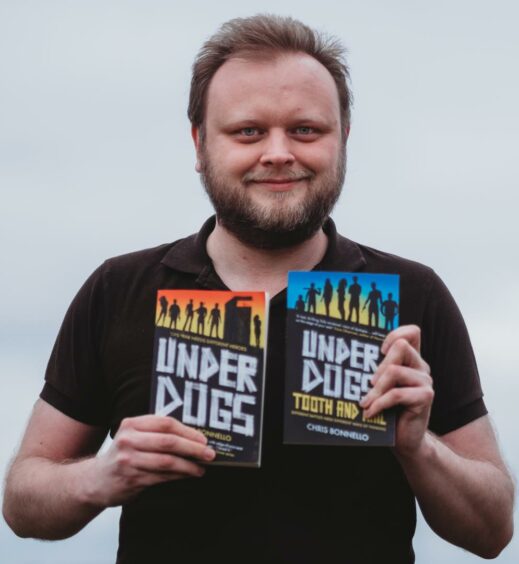A Highlands conference will hear calls for more workplace inclusion, as people with autism are being penalised by the “spoken word beauty contest” of job interviews.
Award-winning author Chris Bonnello was diagnosed with Asperger’s Syndrome at 25, after being told his condition wasn’t severe enough to class as autism when he was a child.
Now 36, he feels there’s still progress needed to support individuals with autism and allow them to thrive.
He’s been selected as one of the panellists for XpoNorth later this month, an online conference aimed at supporting Highland business.
Chris explained: “One of the biggest problems doesn’t come from being autistic, it’s the fact the world is designed with everyone else in mind.
“Schools are built with the non-autistic workforce in mind and what that often leads to is autistic people struggling.
“It’s not necessarily because they’re bad at the job or struggle with academic subjects, but simply it’s difficult to perform your best in an environment that doesn’t match you.”
‘I have three degrees – but the interview stage stopped me getting a job’
Despite having three degrees, finding work has been a constant battle for Chris, who was previously a primary teacher.
Just 20% of people with autism are actively employed.
“A really big problem is the recruitment system,” he said.
“I have a mathematics degree and teaching degree and it took me 13 interviews to get my first teaching job.
“The recruitment system is designed for non-autistic people, after I left (teaching) I got a creative writing degree as well.
“I went through a stage of applying for admin jobs – jobs you don’t need to have those degrees for. Even then, I was really struggling to pass the interviews.
“The expectation with interviews is that you’ll know how to play the game, you’ll understand the really tricky unspoken social rules,” he said.
‘Spoken word beauty contest’
Chris believes the way interviews are conducted needs to be changed to not only be more suitable for those with autism, but also to ensure the best person is employed.
He said: “One thing I would suggest is a practical exercise.
“Otherwise it’s just a spoken word beauty contest, whoever can say the right words gets the job.

“Leaving neurodiversity out of it for a moment, that would ensure you’d get the best people for the job.
“Imagine you’re the head of a construction company, would you rather employ someone good at building houses – or someone good at talking about building houses?”
Read more:
Highland Mum quits work to home-school her autistic sons, as new school has ‘no safe space’


Conversation